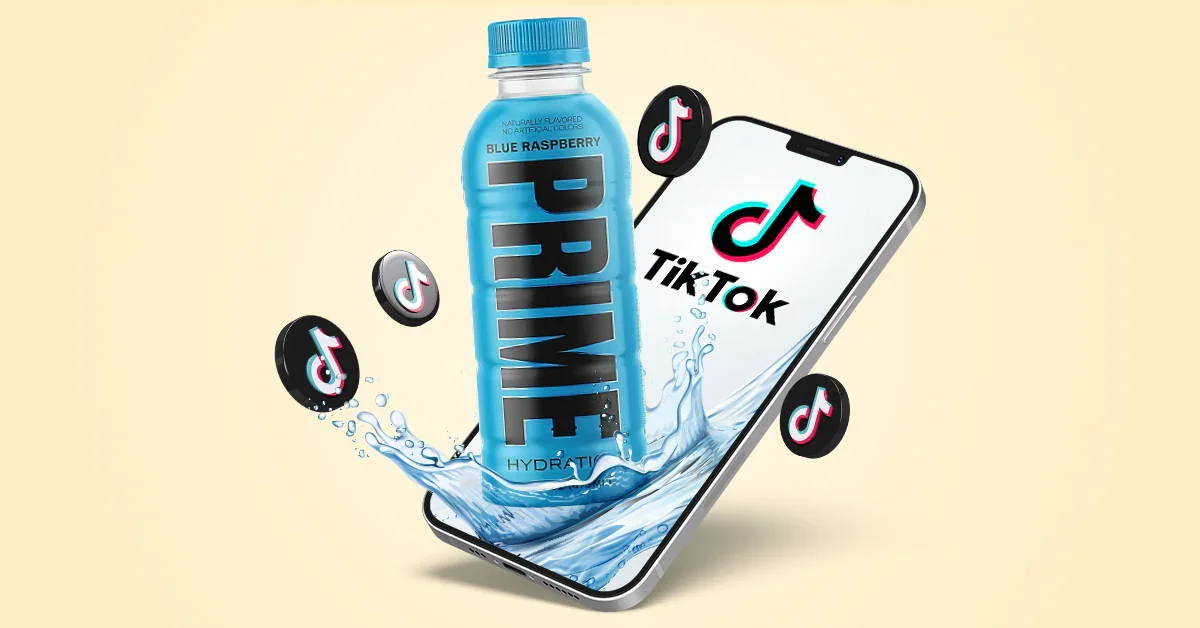This artificial sweetener seems like a win, offering sweetness without the calories. But there are potential health effects to consider. This “high intensity sweetener,” invented in a lab, is anywhere from 400-700 times sweeter than sugar (1, 2, 3).
Sucralose can harm your gut, and there’s a lot we don’t know about its long-term effects. Because of this, many experts have reservations.
“[Sucralose] is approved by the FDA, but all artificial sweeteners raise an alert,” explains Katherine Gomez, a registered dietitian and medical reviewer. “Some animal studies have suggested that sucralose may have adverse effects on gut bacteria,” says Gomez.
So much so that “it can change your gut microbiome by lowering the number of good bacteria by HALF.” This can lead to other gut health issues like gas or bloating.
A main concern with sucralose is how much of it you consume. One bottle of Prime may just contain a small amount, but Prime is sold in 12 packs. Drinking 12 bottles of Prime within a week or two adds up to a lot of sucralose (on top of other products you may eat with sucralose). Most people do not keep their sucralose consumption low enough to avoid its health risks.
We don’t know a lot about the long-term effects of sucralose, because it hasn’t existed long enough. But what we do know so far may be cause for second thought.



